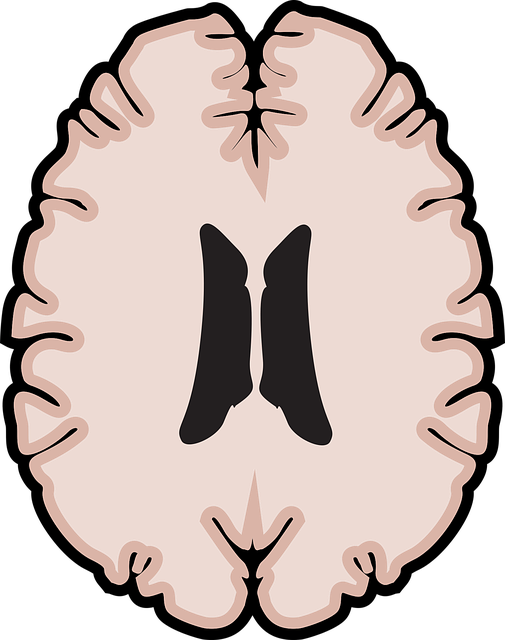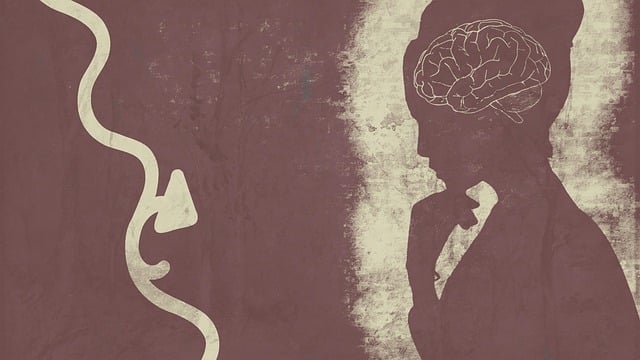Castle Rock Geriatrics Therapy is a leading provider in geriatric mental health care, prioritizing safety through comprehensive risk assessment practices. They address complex co-morbidities and social isolation risks with proactive strategies like community outreach and compassion cultivation. Their evidence-based approaches, including mindfulness meditation, enhance senior well-being and mitigate therapist burnout. Through public awareness campaigns and a robust Comprehensive Risk Management Plan (CRMP), they ensure effective risk identification and mitigation, fostering a culture of continuous evaluation and adaptation for safe practice.
Mental health professionals are constantly navigating complex scenarios, making accurate risk assessments crucial for patient safety. This article explores the intricate process of identifying and mitigating risks in geriatric therapy settings, with a focus on strategies employed by Castle Rock Geriatrics Therapy. We delve into understanding risk assessment fundamentals, recognizing potential hazards, and developing robust management plans. Through continuous evaluation, professionals can adapt practices, ensuring a safe and supportive environment for seniors. Learn how Castle Rock Geriatrics Therapy leads the way in implementing effective risk mitigation tactics.
- Understanding Risk Assessment in Mental Health Care
- Identifying Potential Risks in Geriatric Therapy Settings
- The Role of Castle Rock Geriatrics Therapy in Risk Mitigation
- Creating a Comprehensive Risk Management Plan
- Continuous Evaluation and Adaptation for Safe Practice
Understanding Risk Assessment in Mental Health Care

In the realm of mental health care, risk assessment is a crucial process that involves meticulously evaluating and understanding potential hazards and vulnerabilities. This proactive approach ensures Castle Rock Geriatrics Therapy provides safe and effective support for patients navigating complex emotional landscapes. By implementing structured assessments, therapists can identify risks related to suicidal ideation, self-harm, or relapse, enabling them to implement tailored interventions promptly.
The art of risk assessment goes beyond identifying red flags; it encompasses fostering empathy building strategies within therapeutic frameworks. Therapists play a pivotal role in promoting mental wellness and facilitating emotional healing processes by creating safe spaces for clients to express their thoughts and feelings. This empathetic approach allows for early intervention, personalized treatment plans, and ultimately, improved patient outcomes.
Identifying Potential Risks in Geriatric Therapy Settings

In geriatric therapy settings, mental health professionals face unique challenges that require meticulous risk assessment. Aged individuals often present with complex physical and psychological co-morbidities, making them more susceptible to various risks. For instance, cognitive impairments, such as those associated with dementia, can lead to safety hazards in the therapy environment, especially when managing medications or performing activities of daily living. Furthermore, geriatric patients might experience social isolation due to mobility issues or the loss of loved ones, heightening the risk of depression and anxiety.
At Castle Rock Geriatrics Therapy, professionals must be adept at recognizing these subtler risks. Implementing strategies like community outreach programs focused on social engagement can mitigate isolation-related concerns. Additionally, incorporating compassion cultivation practices into therapy sessions has proven effective in preventing and managing depression, a prevalent issue among the elderly. Such proactive measures not only enhance patient well-being but also ensure that mental health professionals are adequately equipped to navigate the nuanced risks inherent in geriatric care.
The Role of Castle Rock Geriatrics Therapy in Risk Mitigation

Castle Rock Geriatrics Therapy plays a pivotal role in mitigating risks within the mental health profession, particularly in addressing the unique challenges faced by geriatric populations. This specialized therapy goes beyond traditional approaches to foster holistic well-being among seniors. By integrating evidence-based practices such as mindfulness meditation, therapists at Castle Rock Geriatrics help individuals navigate age-related stressors and promote resilience. These techniques are instrumental in preventing burnout, a significant concern within the mental health sector, especially when dealing with demanding geriatric cases.
Moreover, the therapy center’s focus on public awareness campaigns development contributes to a broader societal shift. By educating both the general public and healthcare professionals about the specific mental health needs of older adults, Castle Rock Geriatrics Therapy fosters an environment where risks are recognized and addressed proactively. This proactive approach not only benefits individual clients but also has the potential to reduce systemic risks associated with inadequate care for geriatric mental health.
Creating a Comprehensive Risk Management Plan

In developing a robust risk assessment framework for mental health professionals, such as those at Castle Rock Geriatrics Therapy, it’s imperative to create a Comprehensive Risk Management Plan (CRMP). This plan should encompass a multi-faceted approach, addressing various potential risks and vulnerabilities that arise in therapeutic settings. A CRMP must include clear guidelines for identifying, evaluating, and mitigating risks, ensuring the safety and well-being of both clients and practitioners.
One key component is integrating empathy-building strategies and communication techniques, reflecting best practices such as those promoted by Castle Rock Geriatrics Therapy. Effective Communication Strategies foster open dialogue, enabling professionals to gauge emotional healing processes and adjust interventions accordingly. By prioritizing these approaches, mental health professionals can create a supportive environment that encourages clients to share their experiences, fears, and hopes, thereby enhancing the therapeutic relationship and reducing potential risks.
Continuous Evaluation and Adaptation for Safe Practice

Mental health professionals must adopt a mindset of continuous evaluation and adaptation to ensure safe practice. This involves regular reflection on clinical interactions, staying updated with research and guidelines, and actively seeking feedback from colleagues and clients. By integrating these practices into their workflow, Castle Rock Geriatrics Therapy specialists can identify potential risks and implement preventive measures early on. For instance, recognizing the signs of burnout among peers through public awareness campaigns development can foster a supportive environment that encourages open communication and promotes burnout prevention strategies.
Moreover, adapting to changing client needs and societal trends is paramount in this dynamic field. Mental Health Policy Analysis and Advocacy plays a crucial role here, ensuring that professionals are equipped with the latest tools and knowledge to navigate complex ethical dilemmas and provide evidence-based care. This ongoing process of evaluation and adaptation not only safeguards client welfare but also contributes to the professional growth and resilience of mental health practitioners.









